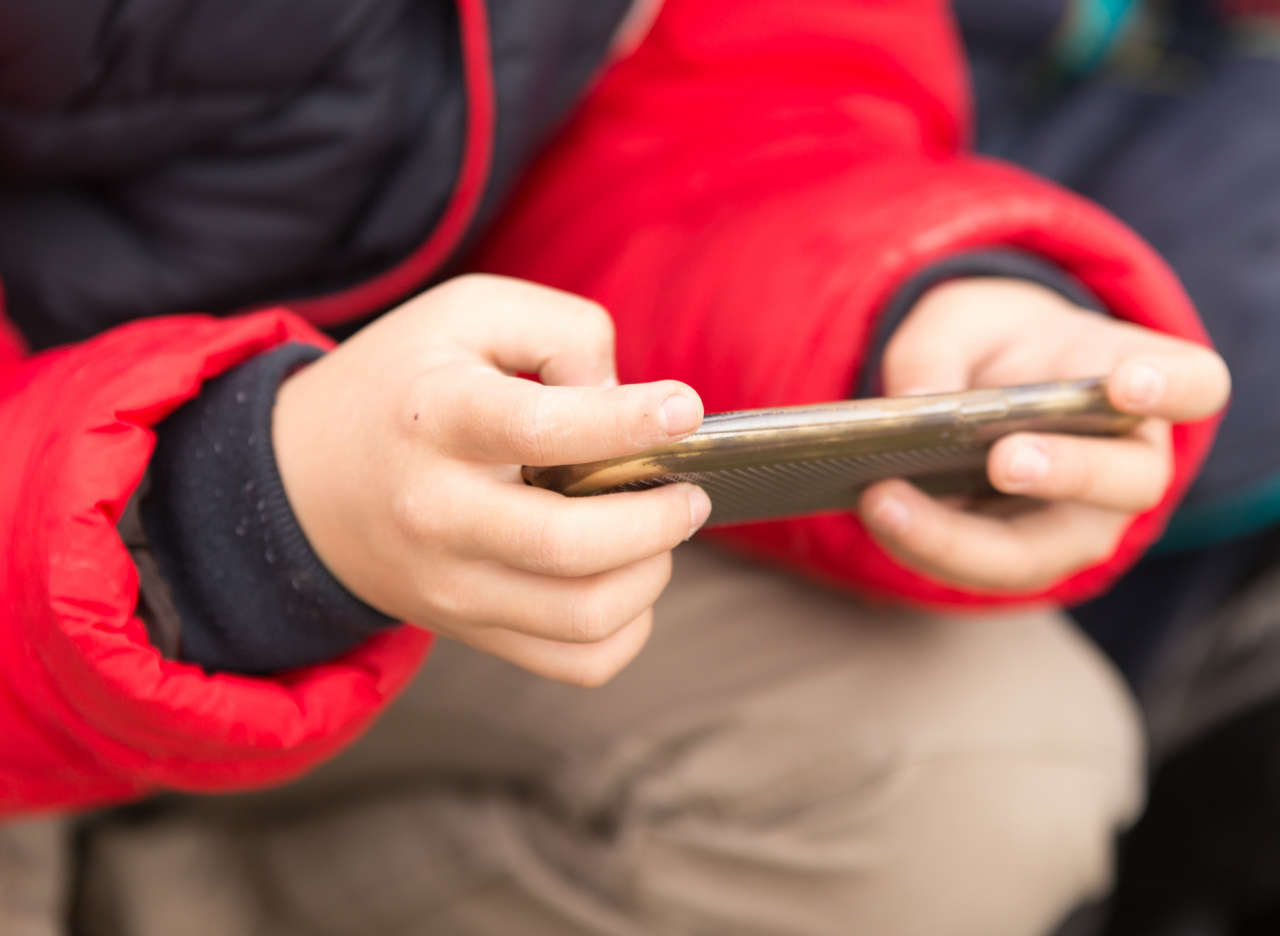 |
(123rf) |
South Korean children and teens used smartphones for longer periods of time in 2023 than the year before, a report by a state-run think-tank showed Thursday.
Children under the age of 10 used smartphones for an average of 1 hour and 15 minutes a day last year, marking an increase of 17.2 percent or 11 minutes, according to the report by the Korea Information Society Development Institute. The report surveyed 9,757 individuals from 4,077 households across the country.
While not as prominent as in the younger group, smartphone usage for those aged between 10 and 18 also went up by 8 minutes -- 5.2 percent -- to 161 minutes a day.
Children and teens also read more last year, with an average teen reading a newspaper, book or magazine for 3 hours and 24 minutes per day while their younger counterparts read for 2 hours and 44 minutes per day. Both groups marked an increase of 12 minutes compared to the year before.
The TV, laptop PC and desktop PC usage for children aged under 10 all increased from 2022 to 2023, each from 1 hour 38 minutes to 1 hour and 47 minutes, from 12 minutes to 13 minutes, and from 14 minutes to 18 minutes, respectively.
The TV and laptop use for teens increased slightly, each from 1 hour and 7 minutes to 1 hour and 8 minutes, and from 13 minutes to 16 minutes, respectively. But the desktop use for this group decreased from 32 minutes to 23 minutes over the time period.
The goal of the "Restriction on Children's Media Use and Their Usage Behavior" study was to see if minors across the country are restricted by their parents on how much they use media devices, ranging from TV, PC and smartphones. A little over half of the minors surveyed -- 51.6 percent -- had their screen time limited by their parents.
Playing video games was limited for 39.4 percent of those surveyed, while use of the internet was limited for 39 percent, "smart devices" for 37 percent, and watching TV for 35.1 percent.
The result, however, indicated that limiting media use for minors had little to no impact on overall screen time. The study looked into how much time respondents spent watching TV, using smartphone devices, watching streaming services and playing video games, comparing the screen time between those whose parent restricted their access and those whose parents did not.
The results showed that children with unlimited access to media content actually had less screen time than those whose access was limited in all categories, most prominently in terms of watching TV and playing video games.







